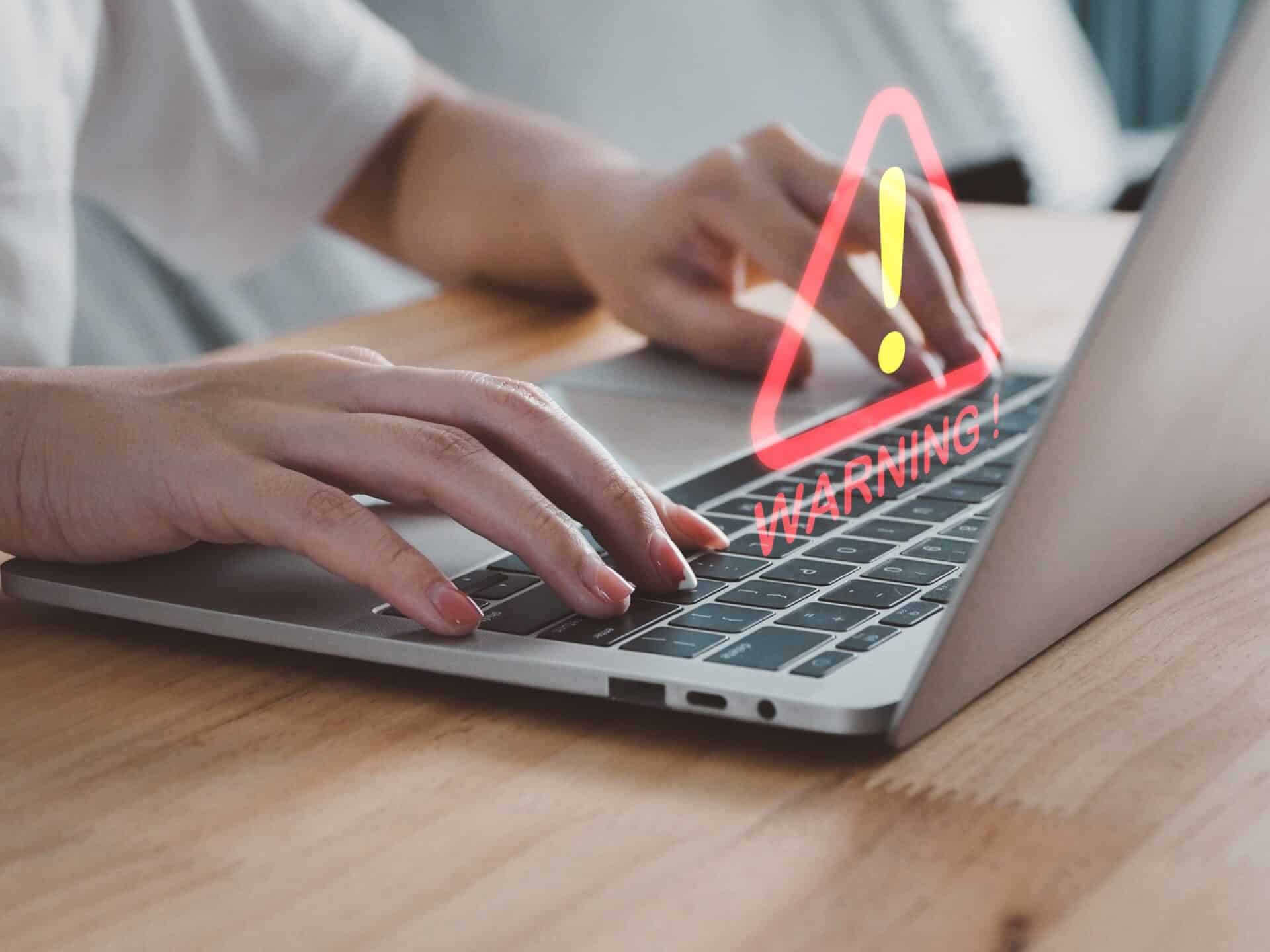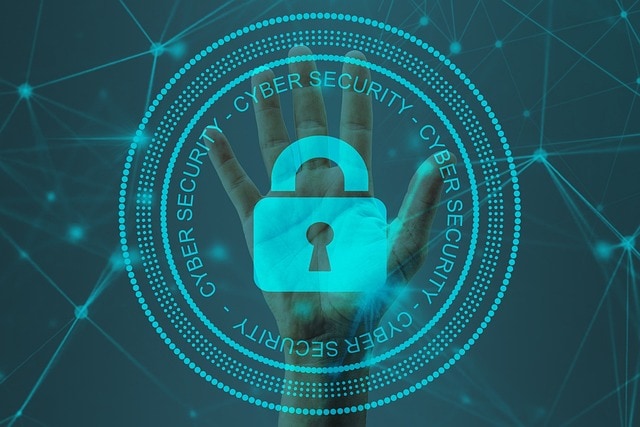For small and medium-sized businesses (SMBs), staying ahead of potential cybersecurity threats can be tricky. One of the most effective ways to make sure your business remains secure is through regular cybersecurity audits.
But what exactly are these audits, and why are they so important for SMBs? Read on as we get into what cybersecurity audits are and how they can protect your business.
What Is a Cybersecurity Audit?
A cybersecurity audit is a comprehensive assessment of the IT infrastructure, policies, and procedures of your business. During an audit, experts evaluate your systems to identify vulnerabilities, assess risks, and ensure compliance with industry standards and regulations. The goal is to uncover weaknesses before cybercriminals can exploit them.
Why Regular Cybersecurity Audits Are Important for SMBs
When it comes down to it, cybersecurity audits play a bigger role for SMBs than other businesses because they allow SMBs to do the following:
Identify Vulnerabilities Before Hackers Do
Cybercriminals are constantly on the lookout for vulnerabilities in systems. They exploit these weaknesses to gain unauthorized access, steal data, or disrupt operations. Regular cybersecurity audits help you stay one step ahead by identifying and addressing vulnerabilities before they can be exploited.
Protect Sensitive Data
Whether it’s customer information, financial records, or proprietary business data, losing sensitive data can have devastating consequences for SMBs. A cybersecurity audit checks that your data protection measures are thorough and up to date. By identifying potential weak points in your data storage and handling processes, you can implement stronger safeguards to keep your information secure.
Confirm Compliance with Regulations
Various industries are subject to stringent cybersecurity regulations. Non-compliance can result in hefty fines, legal repercussions, and damage to your reputation. Regular cybersecurity audits are a great way to make sure that your business complies with relevant laws and standards, such as GDPR, HIPAA, or PCI-DSS. By staying compliant, you not only avoid penalties but also build trust with your customers and partners.
Minimize Downtime and Disruption
A cyberattack can bring your business operations to a grinding halt. The downtime and disruption caused by a breach can result in significant financial losses and tarnish your brand’s reputation. Regular audits help you identify potential threats and vulnerabilities that could lead to such disruptions. By addressing these issues proactively, you can minimize the risk of downtime and instead have smooth, uninterrupted business operations.
Boost Customer Confidence
Customers know about the importance of cybersecurity, and they want to know that their data is safe. Regular cybersecurity audits demonstrate your commitment to protecting customer information. By proactively addressing security issues, you boost customer confidence and strengthen your reputation as a trustworthy and secure business. This makes customers more willing to do business with you, as they know you have their security in mind.
Improve Overall Security Posture
A cybersecurity audit provides a holistic view of the security posture of your business. It identifies not only technical vulnerabilities but also gaps in policies, procedures, and employee awareness. By addressing these gaps, you can improve your overall security posture. This comprehensive approach means that your business is better prepared to handle potential threats.
How Cybersecurity Audits Protect Your Business
If you are curious about how a cybersecurity audit can protect your business, consider the following:
Risk Assessment and Management
During this process, auditors identify potential threats and assess the likelihood and impact of these threats on your business. This information allows you to prioritize your security efforts and allocate resources effectively. By understanding and managing risks, you can take proactive steps to protect your business.
Vulnerability Scanning and Penetration Testing
Cybersecurity audits often include vulnerability scanning and penetration testing. Vulnerability scanning involves using automated tools to identify known vulnerabilities in your systems. Penetration testing, on the other hand, involves ethical hackers attempting to use these vulnerabilities to see how far they can penetrate your defenses. These activities provide valuable insights into the security of your systems and help you address weaknesses before they can be taken advantage of by actual hackers.
Policy and Procedure Review
A cybersecurity audit includes a thorough review of your existing policies and procedures to check that they are comprehensive and up-to-date. Auditors will evaluate your incident response plans, access controls, data protection measures, and employee training programs. By identifying gaps and recommending improvements, they help you create a stronger security framework.
Incident Response Preparedness
How prepared is your business to respond to a cyber incident? A cybersecurity audit assesses your incident response readiness by evaluating your plans, procedures, and resources. Auditors will test your response capabilities through simulated incidents to identify weaknesses and areas for improvement. By enhancing your incident response preparedness, you can minimize the impact of a cyberattack and recover more quickly.
Implementing Regular Cybersecurity Audits
Now that you understand the importance of regular cybersecurity audits, how can you implement them in your business? Here are some steps to get started:
Partner with a Reputable Cybersecurity Team
Conducting a thorough cybersecurity audit requires expertise and experience. Partner with a reputable cybersecurity team that specializes in audits for SMBs. Look for someone with a proven track record and strong references. Their expertise will make your audit comprehensive and effective.
Schedule Audits Regularly
Depending on your industry and risk profile, aim for at least one audit per year. More frequent audits may be necessary if your business handles particularly sensitive data or operates in a high-risk environment.
Involve Key Stakeholders
Cybersecurity is a company-wide responsibility, so involve key stakeholders from different departments in the audit process. Their insights and cooperation are necessary for identifying vulnerabilities and implementing effective security measures. Foster a culture of security awareness and make sure that everyone understands the importance of regular audits.
Act on Audit Findings
An audit is only valuable if you act on its findings. Prioritize the vulnerabilities and recommendations identified during the audit and take prompt action to address them. Implement the necessary technical measures, update your policies and procedures, and conduct employee training as needed. Regularly review your progress so that your security measures remain effective.
Monitor and Adjust
Continuously monitor your systems for new vulnerabilities and threats. Stay informed about the latest cybersecurity trends and best practices, and adjust your security measures and audit schedule accordingly. This lets you stay ahead of potential threats that might come your way.
At CMIT Solutions of Northern Shenandoah Valley, we have IT and cybersecurity solutions engineered to fit your business needs. Contact us today to learn more!





